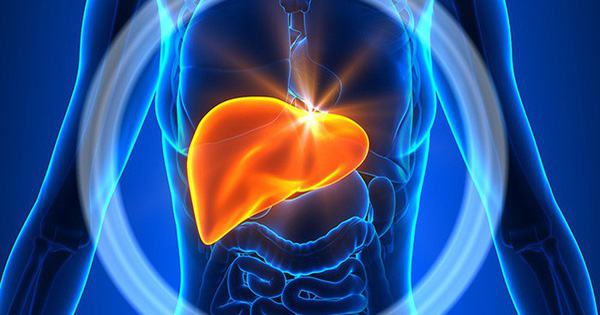3 ways to more protection of your liver ?
The liver usually doesn’t get as much attention as other organs like the heart and lungs, but our liver needs a little love. According to the experts at Hepatitis Queensland on why you need to take care of your liver and appreciate your body more.

What is the function of the liver?
The liver is like a factory. It produces, stores, and processes anything you put in your body, including food, alcohol, drugs, or toxins. With an average weight of 1.5kg, the liver is the largest organ inside your body. Specifically:
- Filter out the good things your body can use and get rid of the unwanted or harmful things (e.g., alcohol and other toxins)
- Create and store vitamins and minerals
- Supports the production of hormones that help regulate your mental health
- Regulate your energy levels by storing and releasing sugar
- Creates the building blocks your body needs to make cells.
Why take care of your liver?
The liver is one of the body’s most complex working organs and performs more than 500 functions. It needs care to be able to do all the essential jobs that keep our bodies functioning.
Hepatitis Queensland chief executive Katelin Haynes said the liver was highly resilient but could only take so much damage.

“The liver is like an elastic band; if it is stretched too much, it will damage and damage liver function.” Therefore, improving liver function can bring many health benefits. Taking care of your liver will help reduce your risk of developing a liver disease like liver failure, cirrhosis, or even liver cancer.
3 measures to do immediately for a healthier liver
Let’s keep your liver in tip-top shape and help it do all the heavy lifting your body needs, and our advice is as follows:
1- The number one solution is to limit beer and alcohol
Alcohol after drinking will contact the liver very quickly, and the liver cells are tough to process and detoxify. However, most of us today consume a large amount of alcohol in each drink, which exceeds the liver’s ability to process and tolerate, causing liver cell damage.
Harmful conditions for the liver in particular and the body, in general, will appear when we consume more than eight drinks per week for women and 15 drinks for men. The problem of drinking alcohol is now even more dangerous when many people drink alcohol mixed with many different types of plants and animals to drink at the same time or drink alcohol with too high a concentration (over 40 degrees). If soaking, please soak each plant-animal separately, and only one of them should use at each meal. Do not drink many types of alcohol-soaked in each drink.
The rate of people suffering from fatty liver, toxic hepatitis, acute liver failure, cirrhosis of the liver, ascites, liver cancer is increasing at a dizzying pace, partly due to the “evils” of alcohol. When the liver has cirrhosis – chronic failure, not to mention liver cancer, the lifetime is not long unless we have enough money and enough “charm” to have a liver transplant.
Therefore, it is recommended that people only have one drink per day for women and two drinks for men (alcohol 40 degrees or less).
2 – Vaccination, periodic health check, and careful Aflatoxin in food

- Vaccination is a minimal action but plays a massive role in helping us avoid the risk of being infected with hepatitis A and B viruses. Especially young children and people are working in high-risk environments, high-risk exposure such as healthcare workers, barbers, tattooists.
- It periodic health check-ups, especially with infants and young children who detect malformations diseases for early treatment and avoid cholestasis and hepatitis-cirrhosis. (Corpillary cyst disease, bile duct abnormalities, gallstones, pancreatic head tumor)
- This liver carcinogen is produced by a fungus found in peanuts, wheat, soybeans, groundnuts, corn, and rice that has been stained or stored in a humid environment. Although the risk of using these fungal cereal products can occur almost anywhere globally, it is more common in hot and humid tropical countries. In developed countries such as the United States and Europe, food testing for aflatoxin contamination is mandatory.
3 – Healthy diet and daily exercise
Let’s lose weight, avoid obesity, and control blood sugar well for diabetes because of obesity and prolonged hyperglycemia. There are also the causes of nonalcoholic fatty liver disease.
So the thing to do now is to create a healthy and balanced diet. In particular, limit fat, cholesterol, salt and eat more fruits and vegetables. At the same time, you need to exercise regularly, which improves your overall health and helps maintain healthy
